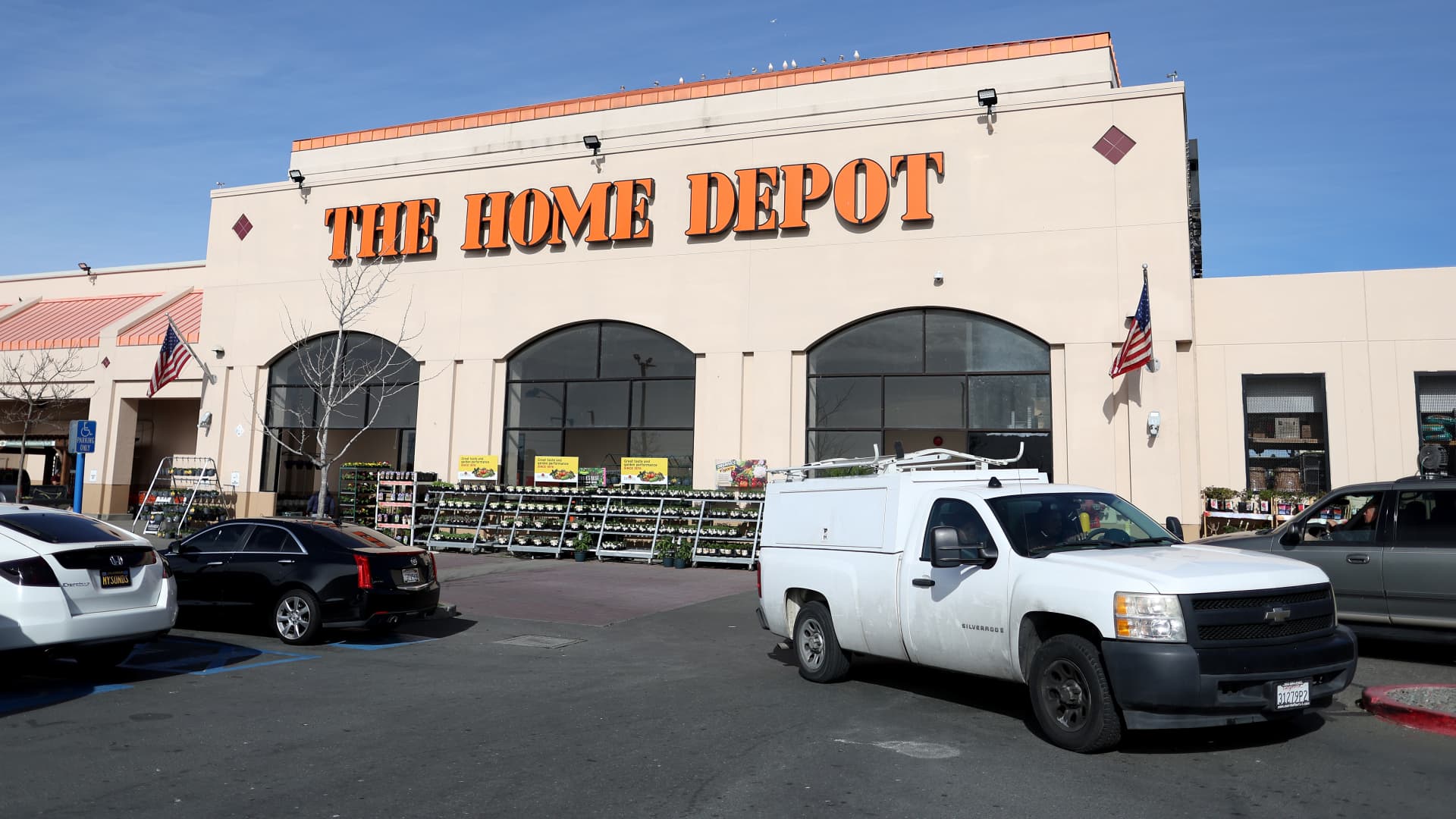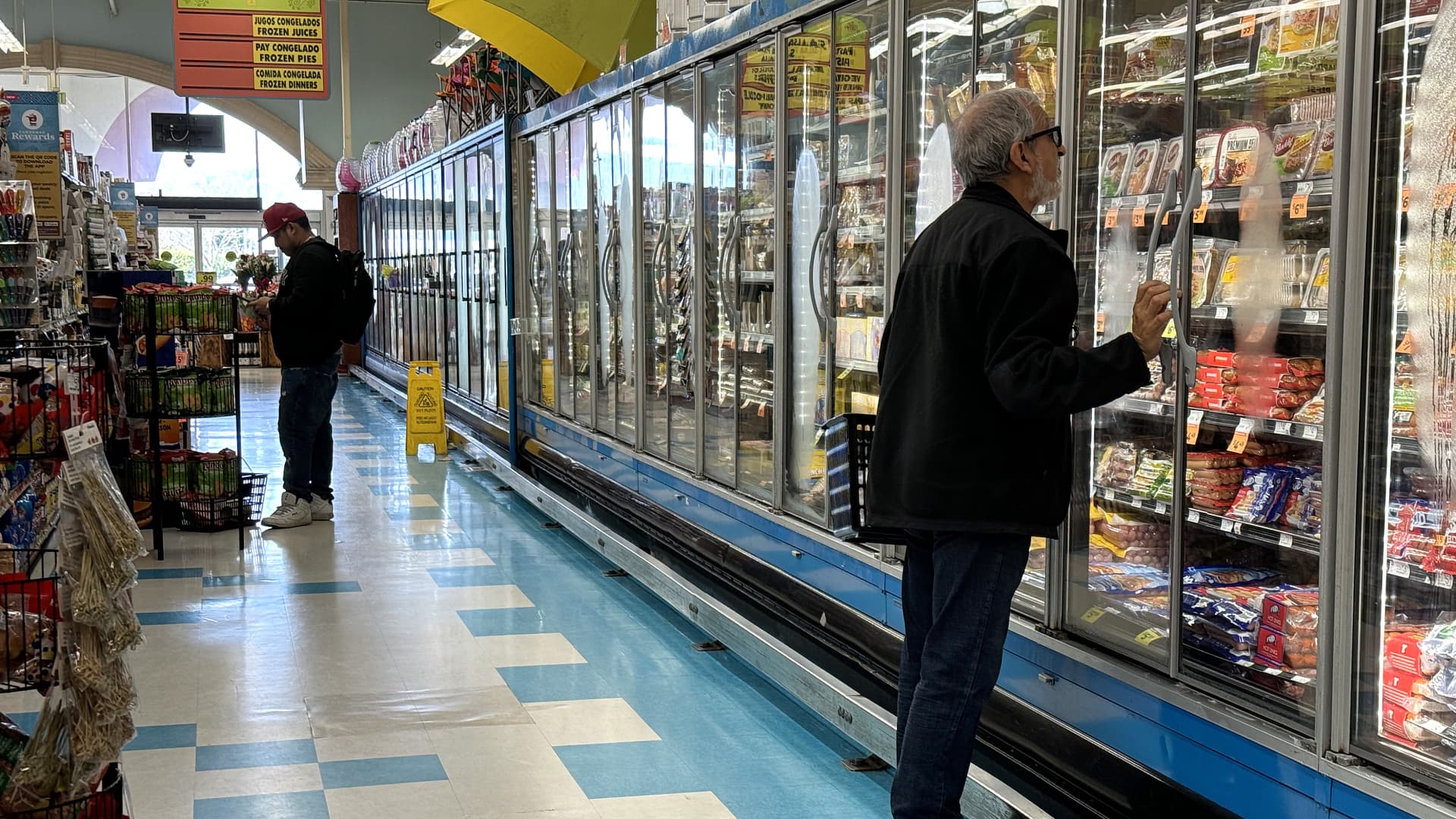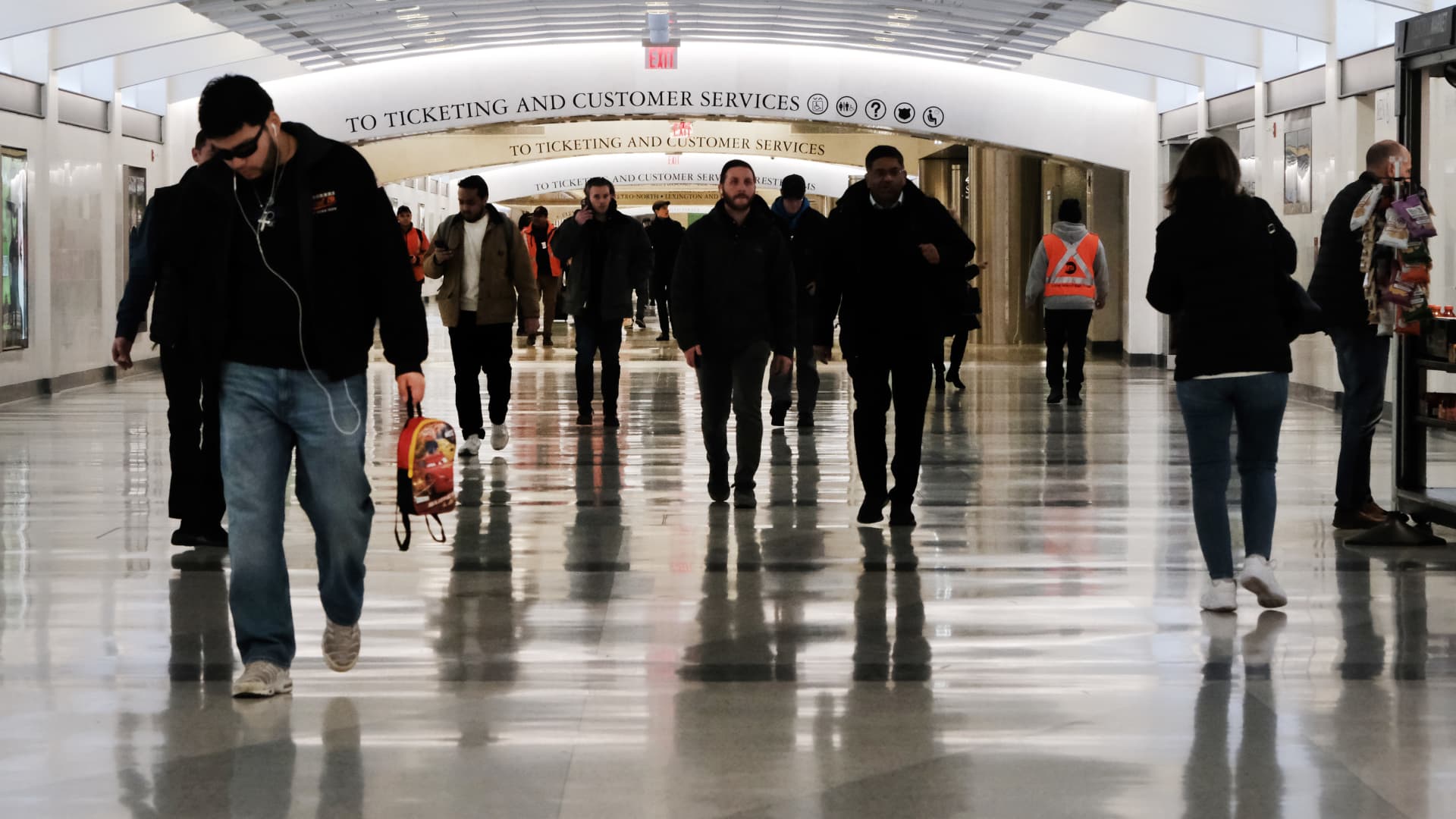Scott Kidd didn’t expect a particularly busy job when he became city manager of Liberty, North Carolina, a former furniture and textile center whose rhythm more recently has centered around an annual antiques festival.
Those quiet times less than three years ago soon turned into a whirlwind. Toyota announced plans to build a battery factory on the rural outskirts of the city for electric and hybrid vehicles. Since then, Mr. Kidd has reviewed ordinances, met with developers and otherwise tried to meet the needs of a seven million-square-foot facility.
The flurry of activity reflects new investment in a region of North Carolina that has lagged behind: the Triad. The median income in Randolph County, which includes Liberty, is $47,000, and some Toyota jobs offer hourly wages well above that. More people moving to the area could breathe life into downtown Liberty.
But the potential dividends for the region — which includes Greensboro, Winston-Salem and High Point in the center of the state — depend on equipping its workforce with the skills they need for these new jobs. Mr Kidd feared that many local workers lacked the training and skills to work at the factory.
In these jobs, “they don’t write anything down, they plug it into a computer,” Mr. Kidd said. “And if you don’t know how to do that, you kind of get kicked out.”
At the same time, some residents and local leaders welcoming the new industries worry about preserving the area’s character so it doesn’t become like the fast-growing — and expensive — sprawl elsewhere in the South.
“We don’t want to be Charlotte,” said Marvin Price, executive vice president of economic development for the Greensboro Chamber of Commerce, referring to the banking center 100 miles down Interstate 85. “We want to be the best version of Greensboro.” ”
Like many states, North Carolina is using new federal and state incentives to attract more advanced manufacturing and clean technology companies. And the triad, built on the tobacco, textile and furniture industries, is trying to shift to advanced manufacturing, offering a potential blueprint to other regions whose economic engines have stalled due to globalization and increasing automation.
When it opens next year, the Toyota factory in Liberty will produce batteries for vehicles built in Kentucky. Ten minutes away in Siler City, Wolfspeed, a semiconductor manufacturer, is building a factory with a $5 billion investment. Toyota has received nearly $500 million in incentives and tax breaks from the state of North Carolina, while federal legislation such as the Inflation Reduction Act of 2022, the CHIPS Act and the Infrastructure Investment and Jobs Act have attracted investment.
“The Biden administration’s policies have helped North Carolina, and particularly the Triad, become an epicenter for clean energy in this country,” Gov. Roy Cooper, a Democrat, said at a recent event in Greensboro.
The Triad has been the state’s manufacturing base for decades. High Point became known as the furniture capital of the world because the city and surrounding areas accounted for 60 percent of the country’s furniture production at its peak. In addition to furniture, Greensboro and Winston-Salem specialized in textiles and tobacco. And while the research triangle of Raleigh, Durham and Chapel Hill had prestigious universities in the University of North Carolina, Duke and North Carolina State, the triad had Wake Forest University.
But as in many production regions, prosperity began to decline here in the 1970s. Textile jobs were offshored or automated, furniture declined with the introduction of cheaper Chinese imports, and tobacco declined due to the decline in smoking. Mills were closed, stood empty for decades and the inner cities fell into disrepair.
At the same time, the Triangle’s economy, which was home to the country’s largest corporate research park, boomed as research and technology companies grew. In 2001, the Research Triangle and the Triad had roughly the same economic output; by 2021 the two had drifted apart. Populations grew in both regions, but the Triangle grew faster, buoyed by the growing number of college-educated workers.
Some industries have received a lifeline in recent years: Furniture boomed at the height of the pandemic due to increased demand for home furnishings, and manufacturing saw a rebound across the country. But last year, hundreds of workers lost their jobs as several factories closed.
“This area of the state is in a situation where it needs to diversify,” said Jerry Fox, an economics professor at High Point University. “This is an opportunity for people in our region to have better paying jobs.”
Signs of change can be seen in the city centers. In High Point, a hosiery factory sat empty for decades, opening only once every two years for furniture showrooms. But in 2021, a group of local investors partnered with the city’s Chamber of Commerce and a local foundation, donating more than $40 million to transform the site into a co-working space, Congdon Yards. Today it is home to around 50 employers and 360 employees.
Similar projects were undertaken in Winston-Salem and Greensboro. In downtown Winston-Salem, old cigarette factories have become the Wake Forest Innovation Quarter, a research-focused district that cost more than $500 million. In Greensboro, one of the city’s oldest textile mills has been converted into a mixed-use complex with amenities such as a pizzeria and office space.
Nevertheless, challenges remain.
One prepares the region’s workforce for tasks that require different skills. Thomas Built, a bus manufacturer based in High Point since 1916, has been producing electric buses for the past decade. The company employs nearly 2,000 people in High Point, making it one of the city’s top employers.
Thomas Built chief executive Kevin Bangston said the company had hired more than 300 people in the past 15 months. However, he found it difficult to find more qualified positions dealing with automated processes in the factory.
“The demand for these positions is very high and the supply is very low,” Mr Bangston said.
Key to this transition is the role of workforce development programs that include partnerships between companies and community colleges to provide the skills to work in advanced manufacturing.
One school that offers such training is Guilford Technical Community College, the place where Mr. Cooper performed in Greensboro. At the same event, First Lady Jill Biden emphasized the importance of such programs in implementing President Biden’s economic agenda.
The school offers apprenticeships that allow students to work while earning an associate degree. A program developed by Toyota aims to train workers for jobs at the company.
Devante Cuthbertson, 28, grew up in Greensboro and worked as a machine operator for a flooring company about 30 minutes away, but left that job in 2023 to attend training at Guilford Tech. He takes classes there twice a week and goes to the Toyota battery plant three times a week to participate in a training program where he applies the knowledge he learned in class about electricity, engine controls and car battery components.
“I wanted to make sure I had an education,” said Mr. Cuthbertson, who said he plans to apply to Toyota as a maintenance technician after he graduates in 2025.
Anthony Clarke, Guilford Tech’s president, said Toyota’s arrival – with the promise of good-paying jobs – has increased interest in the school’s programs.
“Every time employers stand up and say, ‘Hey, we have really good paying jobs,’ students pay attention and flock to them,” Dr. Clarke.
Economic developers and elected officials have cited the area’s affordability as a draw for businesses and workers alike, especially as housing costs have skyrocketed nationwide. According to Zillow, the average home value in the Triad’s three main cities is about $250,000, compared to more than $300,000 for the entire state and more than $400,000 in the Triangle.
The Triad has become a destination for some college-educated workers leaving coastal cities. Melissa Binder left Portland, Oregon, in 2019 with her husband, who worked for Nike, to raise their child in Winston-Salem. They bought their home in 2019 for $315,000 and Ms. Binder said it offered more space than the home they owned in Portland.
After renting in New York’s West Village for several years, Julia and Ryan Hennessee knew they wanted a home to raise a family. In 2018, they chose Winston-Salem to be close to Mr. Hennessee’s family and purchased a single-family home for $445,000.
The Hennessees said they welcomed the growth offered by the arrival of companies like Toyota. At the same time, they want Winston-Salem to retain the small-town charm that drew them to the region – as well as the cost of living – and not become like other cities in the South.
“Winston knows how different it is from a place like Atlanta and doesn’t aspire to be that,” Ms. Hennessee said.
But for other members of the Triad, particularly in more rural areas like Liberty, the transition could prove more difficult.
Brenda Hornsby Heindl, a librarian in Liberty, said the Toyota plant could improve the city’s situation. But elementary education in the county remains underfunded, she said, and literacy rates are below the state average.
“While my goal for the future of our community is for anyone to be able to apply to be an engineer at Toyota, we currently have adults and children who cannot read an application,” Ms. Hornsby Heindl said. “It will take more than just Toyota to achieve this.”
Source link
2024-05-02 15:35:19
www.nytimes.com
















